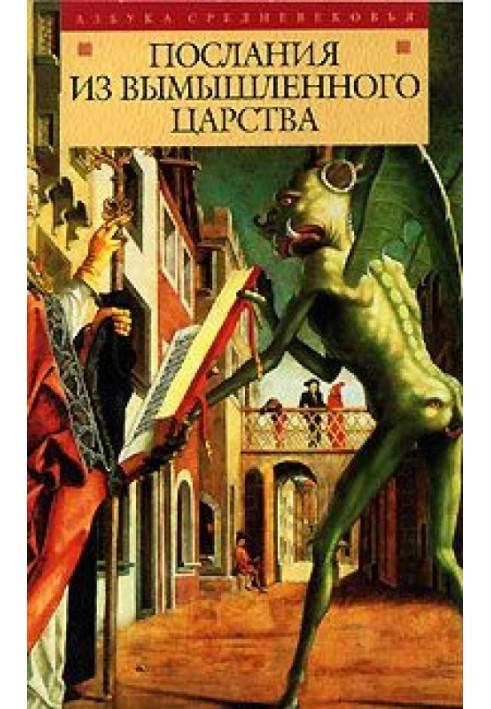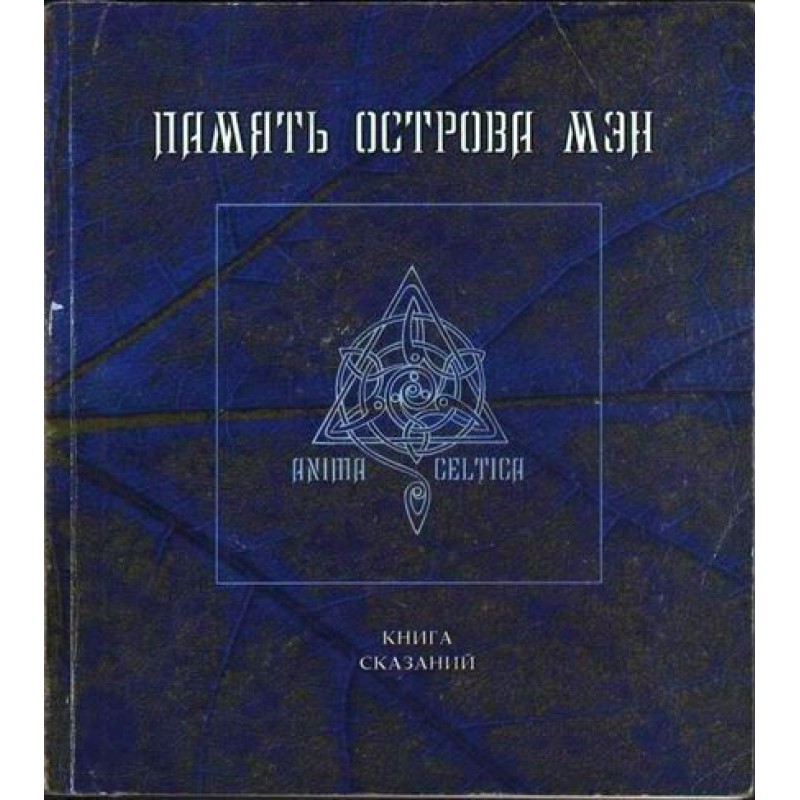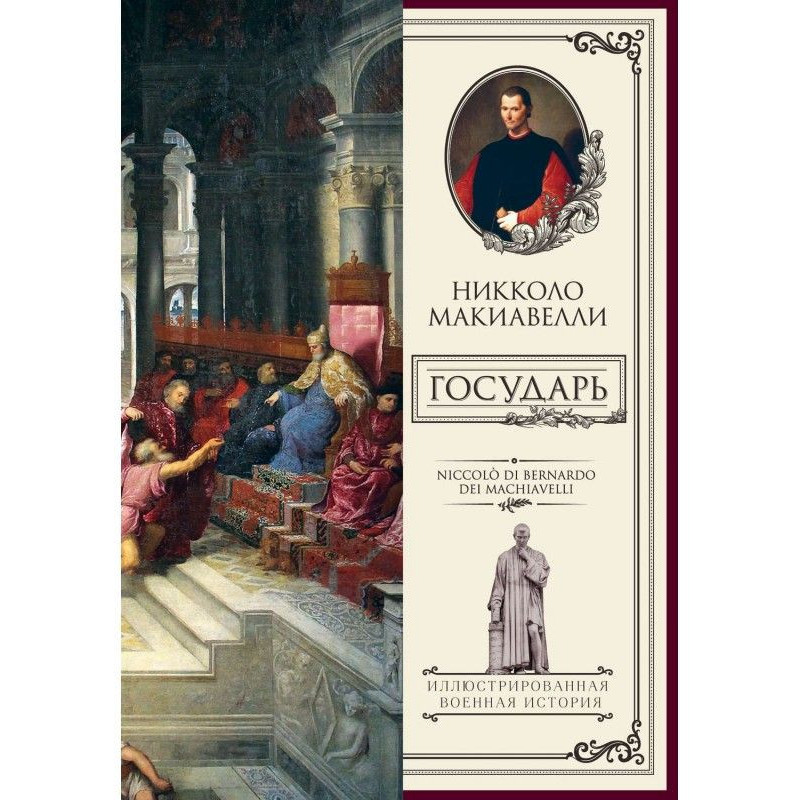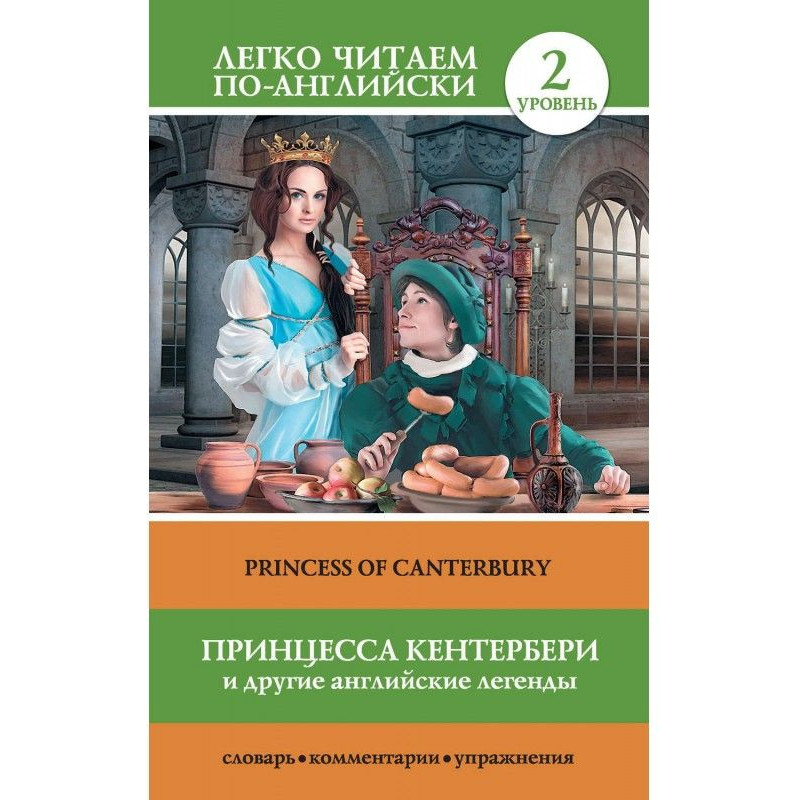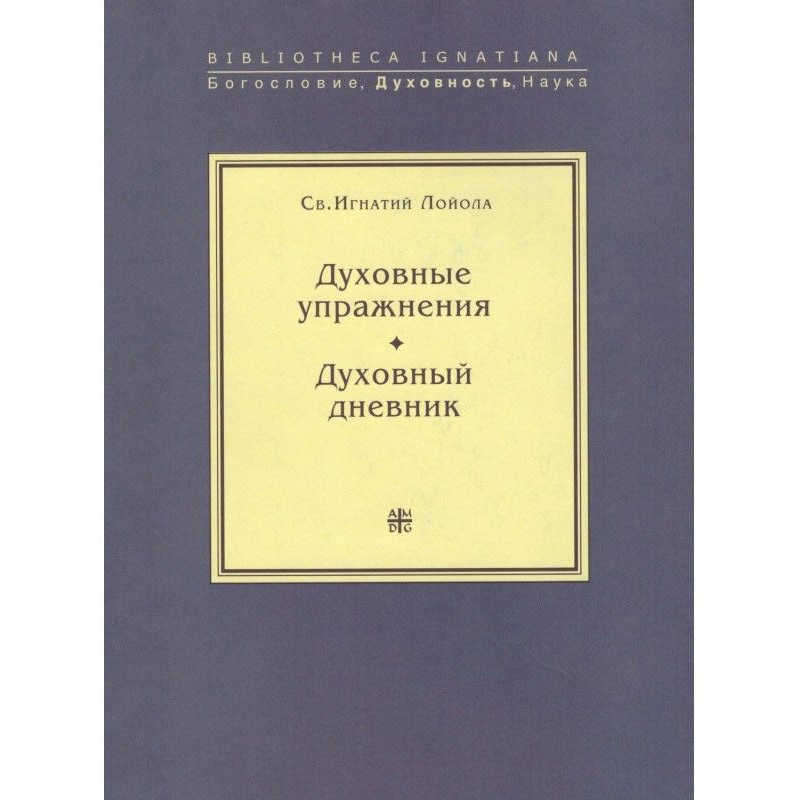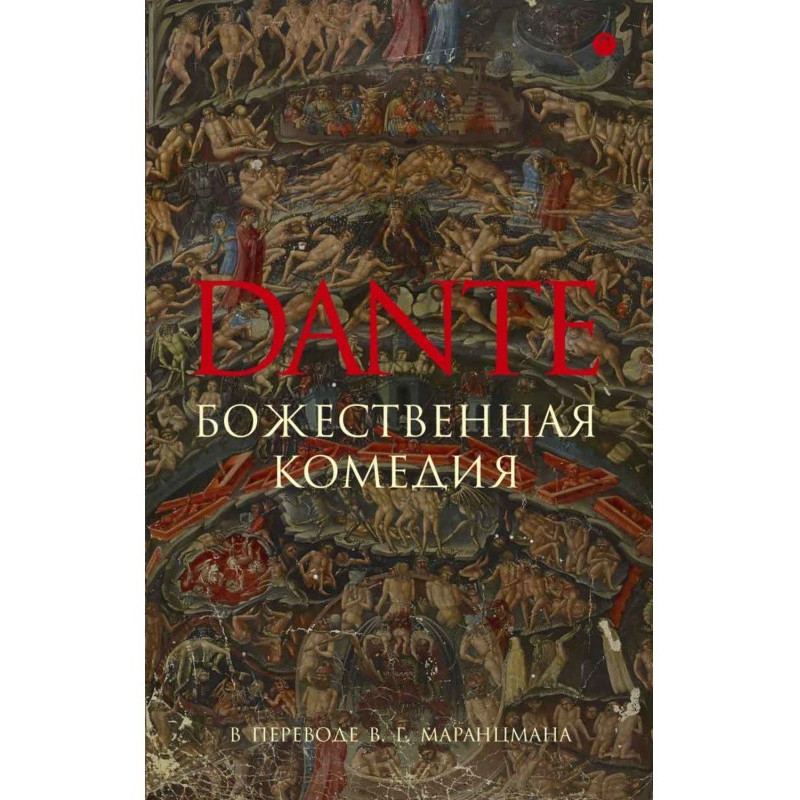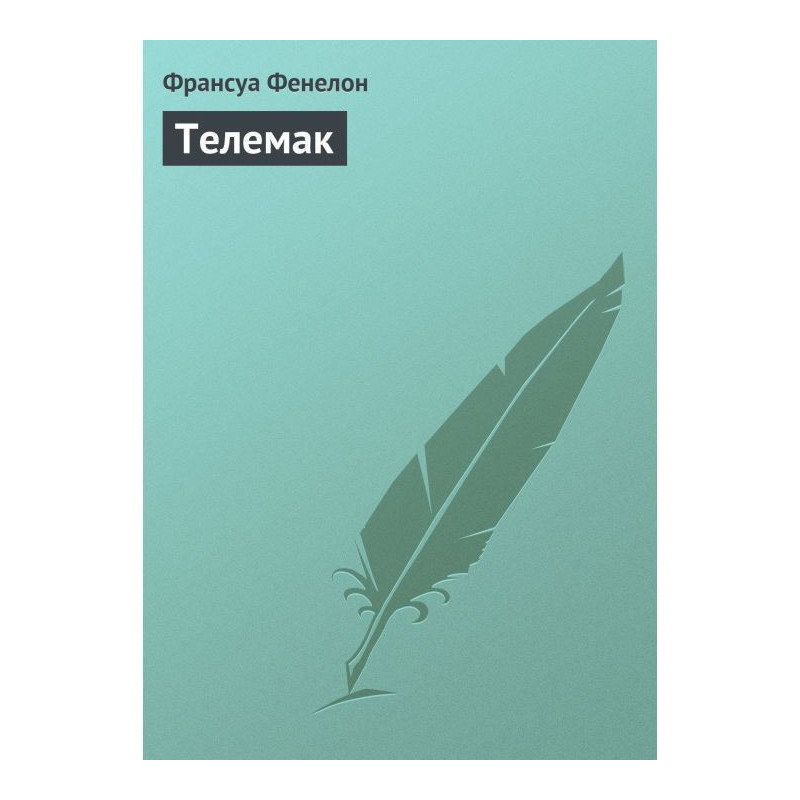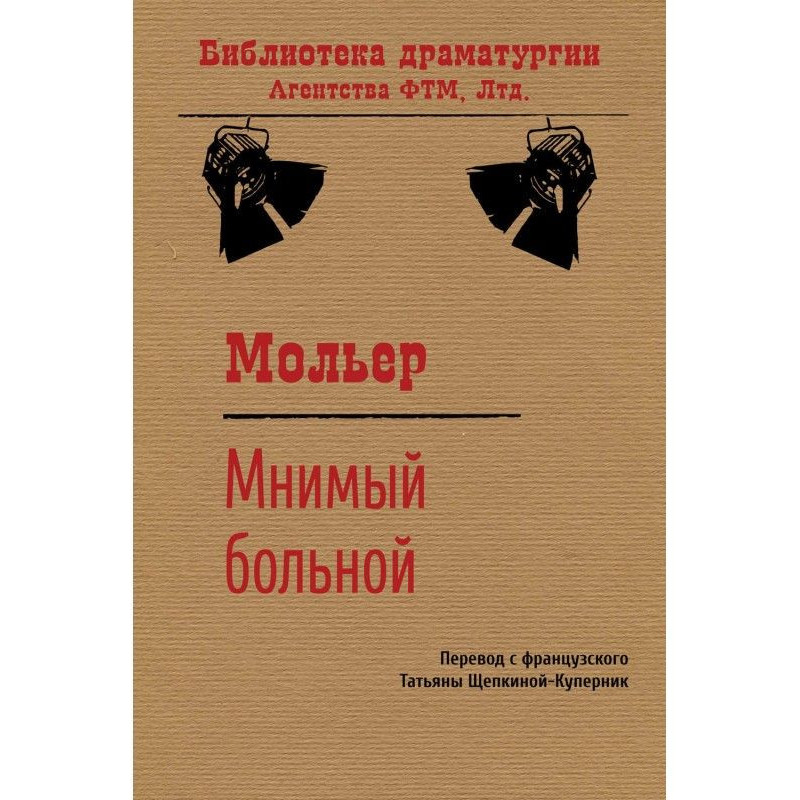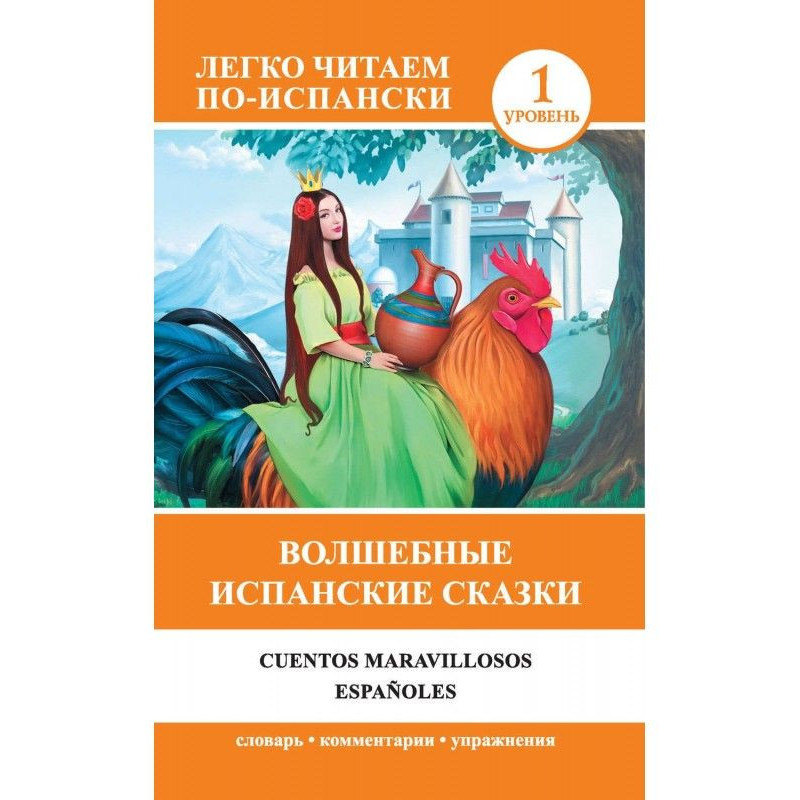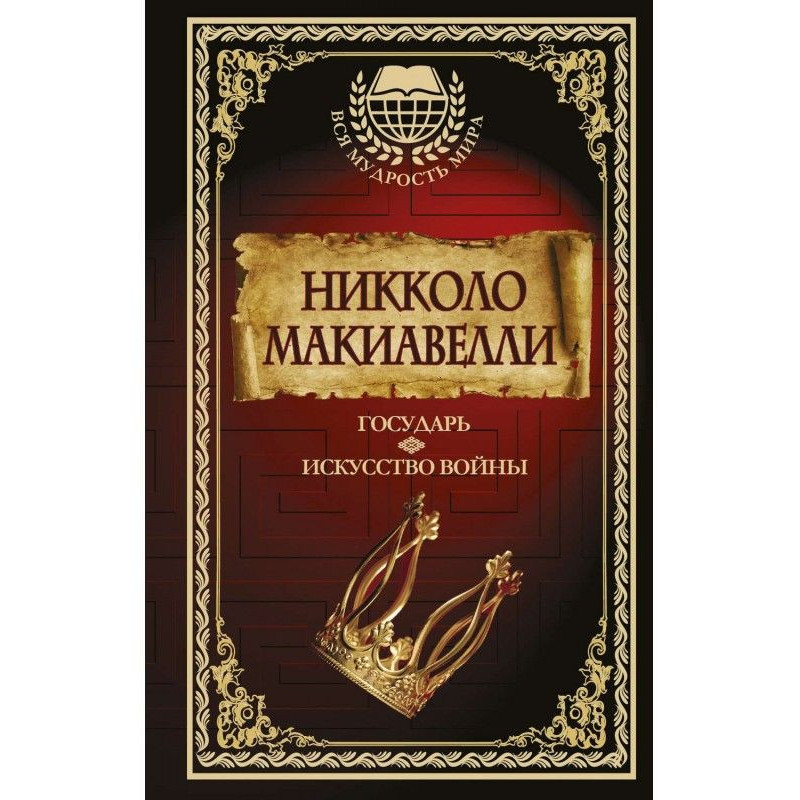Messages from an imaginary kingdom
 Instant download
Instant download
after payment (24/7)
 Wide range of formats
Wide range of formats
(for all gadgets)
 Full book
Full book
(including for Apple and Android)
In the middle of the 12th century, having conquered overseas lands and having found nothing remarkable there except pigeon mail, Europe was alarmed by the news that the Byzantine Emperor Manuel had received a message from Prester John himself, ruler of the Three Indies, viceroy of St. Thomas, ruler of seventy-two kings and countless peoples: Amazons, Brahmans, Fauns, Satyrs and Pygmies. They say that the presbyter had a crystal chapel, capable of changing in size to accommodate everyone, and a windmill that not only grinds flour, but bakes bread itself. The image of the ideal, perfect Indian kingdom did not leave the imagination alone: according to some, this country was located in Ethiopia, others considered John the governor of the three wise men, others even tried to prove that the presbyter was dealt with either by the Mongols or by the terrible tribes of Gog and Magog. Various versions were put forward, but this did not stop the popes from repeatedly trying to enter into correspondence with the ruler of the truly Fictitious Kingdom.
“Messages from a Fictitious Kingdom” is a book that has collected under its cover all the legends about Great India - the fictional kingdom of the presbyter John. The domains of the Christian king, located, as was believed in the Middle Ages, somewhere between the Great Steppe and the Land of Silk, were filled with all kinds of miracles, unimaginable monsters and fantastic beasts. The wealth of Prester John worried and fascinated travelers for centuries, but since the kingdom could not be discovered, they said that it was captured by the Tatars. This is where they got the strength to carry out the Great March to the West in order to take away from the Europeans the relics of the Magi - the legendary founders of the kingdom of Prester John.
Data sheet
- Name of the Author
- Автор Неизвестен Европейская старинная литература --
- Language
- Russian
- Translator
- Николай Сергеевич Горелов
Reviews
Чарівна подорож у світ середньовічних міфів і легенд!
"Послання з вигаданого царства" - це неймовірна книга, яка переносить читача в епоху, коли уявлення про світ були сповнені магії та таємниць. Автор майстерно поєднує історичні факти з фантастичними елементами, створюючи захоплюючий сюжет, який тримає в напрузі до останньої сторінки. Читачі отримують можливість зануритися в атмосферу середньовічної Європи, де мандрівники шукали легендарного пресвітера Іоанна, правителя Трьох Індій, і його неймовірні володіння. Книга сповнена яскравих образів, таких як амазонки, брахмани та фантастичні звірі, які роблять її ще більш захоплюючою. Вона не лише розважає, а й спонукає до роздумів про віру, надію та пошуки ідеалу. Рекомендую цю книгу всім, хто любить історію, міфи та захоплюючі пригоди!

